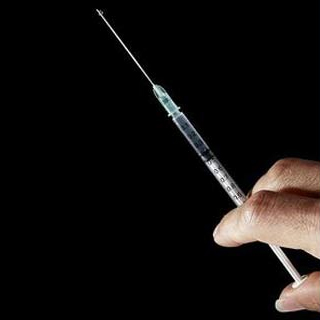
Yale researcher, Dr. Eugene Shapiro, apparently agrees with the study’s results. Children in the U.S. have supposedly been administered with the neumococcal conjugate vaccine since 2000. Though the government has indeed endorsed the use of the new vaccine in adults, the older version dubbed pneumococcal polysaccharide vaccine is still being utilized widely, says Shapiro.
“This new study may aid policy makers who must review and decide whether to change the current recommendations for vaccinating adults against this common serious kind of infection,†expressed Dr. Eugene Shapiro, professor of pediatrics, epidemiology and public health, and investigative medicine. “Cost-effectiveness studies allow experts to assess the costs and benefits of different strategies and decide what strategy is best for preventing or treating a disease.â€
The cost-effectiveness of 13-valent pneumococcal conjugate vaccine (PCV13) compared with 23-valent pneumococcal polysaccharide vaccine (PPSV23) in U.S. adults was the object of study. Accordingly, the results appear to side with the idea that substituting the new conjugate pneumococcal vaccine for routine vaccine of adults could be more viable that usage of pneumococcal polysaccharide vaccine.
The study determining the cost-effectives of the new pneumonia vaccine for adults appears in the current issue of JAMA.
